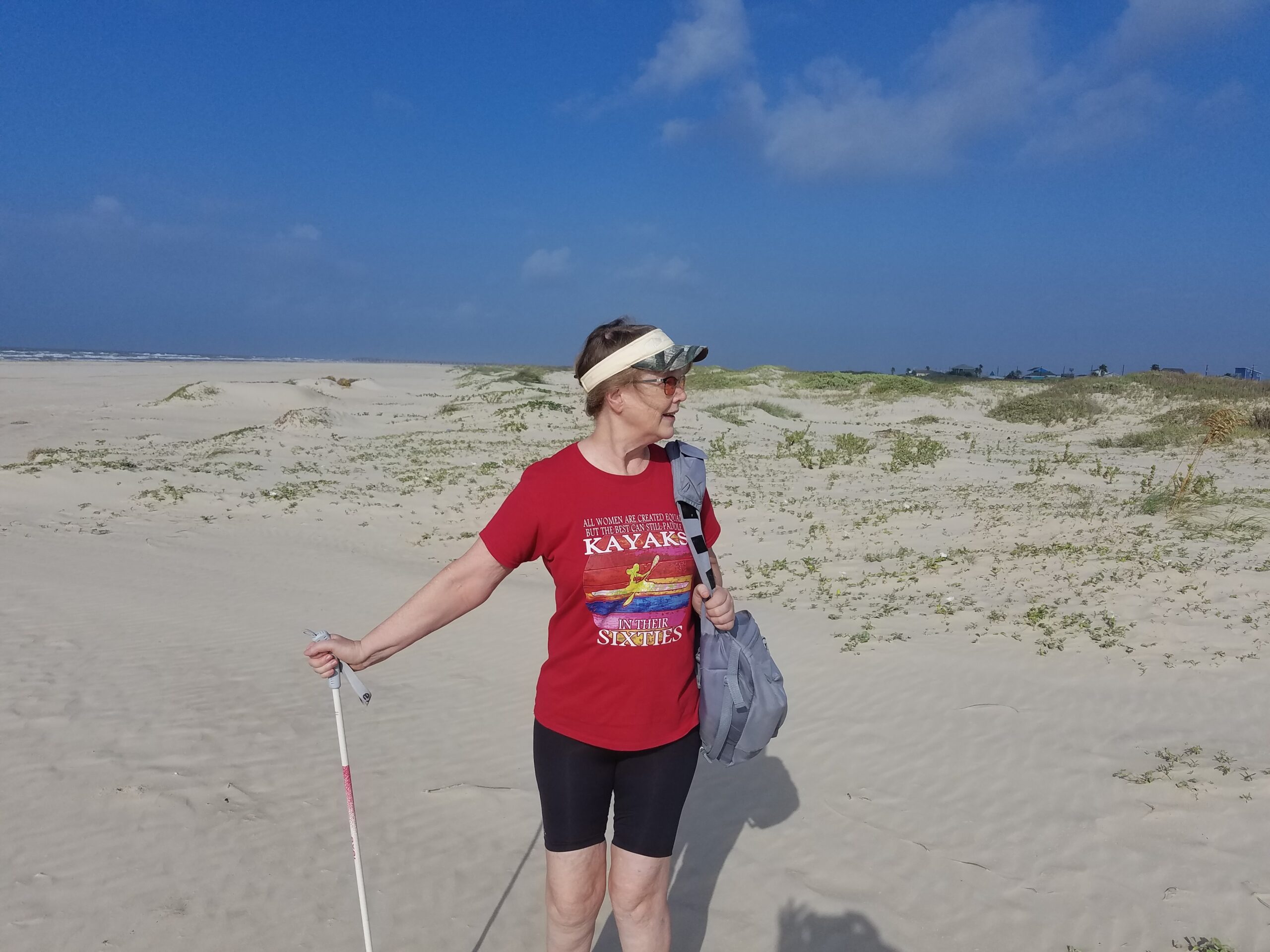August 14, 2020

Storm surge goes with hurricanes, but the storm surging in the wake of the COVID-19 pandemic far outlives and outdistances the length of time that the post hurricane ocean churns. One of my most consistent topics when talking about health focuses on inclusion rather than exclusion in clinical trials. In my book co-edited with Celeste Condit, EVALUATING WOMEN’S HEALTH MESSAGES, we highlighted the exclusion of women in scientific research related to our health. Women’s lives present challenges to studies where investigators want to control as many variables as possible in order to reach their conclusions. Happily, the National Institutes of Health began to require the inclusion of women. Of course, many studies receive funding from pharmaceutical companies that do not have to comply with NIH guidelines. Still, progress has been made in the realm of inclusion rather than exclusion.
Enter the vaccine trials for COVID-19. Vaccine development takes time and involve multiple phases [https://www.nccn.org/patients/resources/clinical_trials/phases.aspx]. A Phase III clinical trial, NCT04470427 in the U.S. seeks to recruit 30,000 participants for which you may qualify [https://clinicaltrials.gov/ct2/show/record/NCT04470427]. Inclusion criteria list restrictions for both men and women regarding reproductive health:
“Male participants engaging in activity that could result in pregnancy of sexual partners must agree to practice adequate contraception and refrain from sperm donation from the time of the first dose and through 3 months after the second dose.”
“Female participants of childbearing potential may be enrolled in the study if the participant fulfills all the following criteria:
- Has a negative pregnancy test at Screening and on the day of the first dose (Day 1).
- Has practiced adequate contraception or has abstained from all activities that could result in pregnancy for at least 28 days prior to the first dose (Day 1).
- Has agreed to continue adequate contraception through 3 months following the second dose on Day 29.
- Is not currently breastfeeding.”
These criteria represent the truth that both sexes contribute to fetal outcomes–that’s progress. As the study protocol notes, any adult over age 18 able to follow study protocol and whose underlying health conditions, if any, are stable as defined by the investigators may volunteer.
Remember that the final reported characteristics of the vaccine study participants provide the best guess of who will benefit. If only young healthy white males volunteer, it won’t mean others won’t benefit from the vaccine. However, inclusion of males and females of different races across the lifespan in sufficient numbers to conduct valid statistical analyses will be the best way to suggest the efficacy of the vaccine for different groups.

